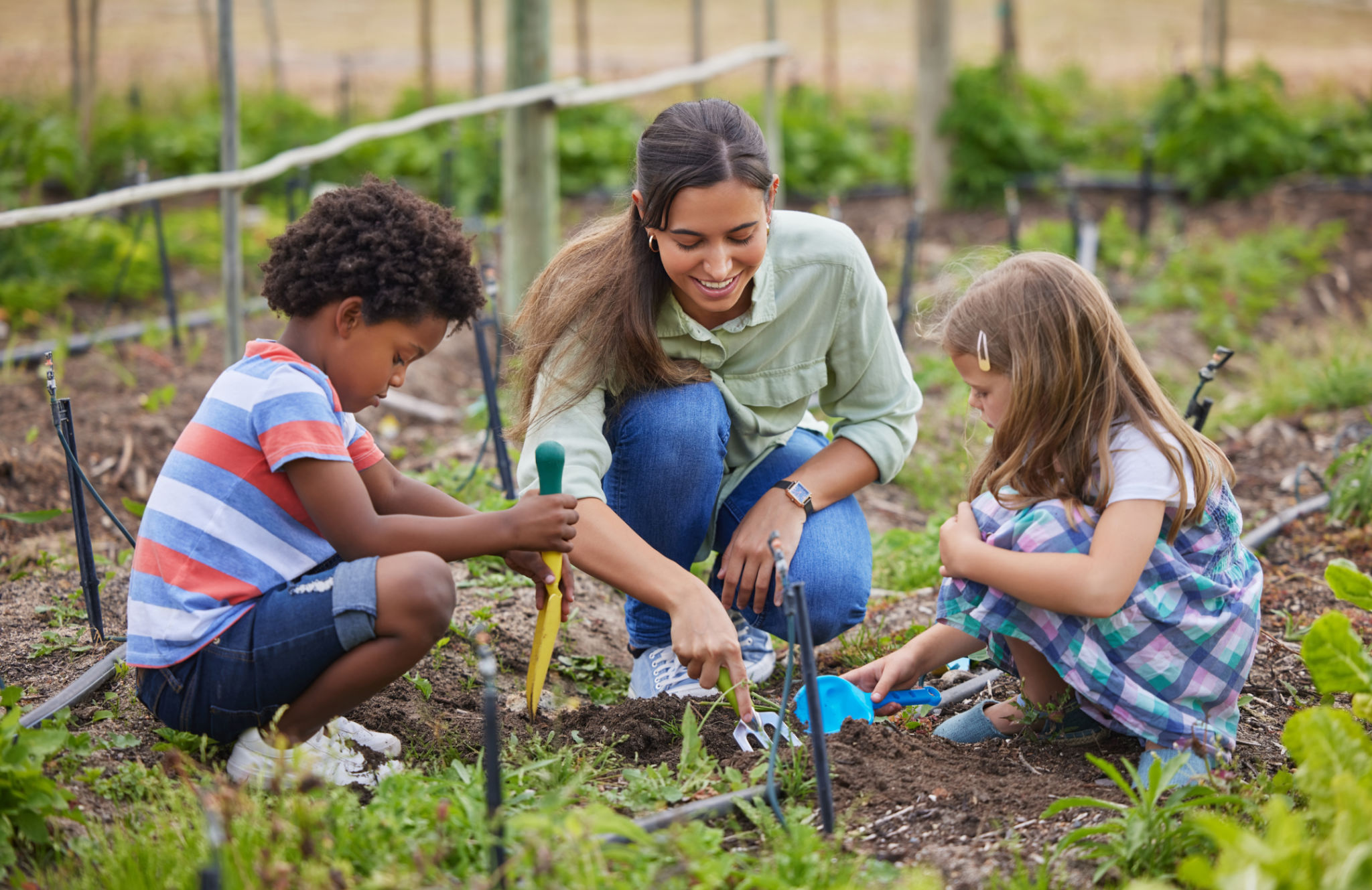Case Study: Successful Sustainable Farm Development in Florida
Introduction to Sustainable Farming in Florida
In recent years, sustainable farming has become an essential practice for enhancing environmental health and ensuring food security. One of the standout examples of successful sustainable farm development can be found in the sunny state of Florida. This case study explores how a dedicated farm in Florida has embraced sustainable practices to transform its operations and achieve remarkable success.

Embracing Organic Farming Methods
The Florida farm's journey towards sustainability began with a commitment to organic farming methods. By eliminating synthetic fertilizers and pesticides, the farm has minimized its environmental impact while producing healthier crops. This transition involved the use of natural composting techniques and crop rotation to maintain soil fertility and control pests.
Organic farming not only benefits the environment but also enhances the nutritional value of the produce. Consumers are increasingly seeking organic options, which has led to an increased demand for the farm's products, boosting profitability and market presence.
Implementation of Permaculture Design
An integral component of this sustainable transformation was the implementation of permaculture design principles. These principles focus on creating a self-sustaining ecosystem by mimicking natural processes. The farm strategically planted a diverse range of crops and incorporated livestock to complement each other.

This holistic approach has resulted in improved biodiversity, efficient resource use, and resilience against climate fluctuations. By fostering a balanced ecosystem, the farm has reduced its reliance on external inputs and enhanced its sustainability.
Water Conservation Strategies
Water conservation is a significant challenge for farms in Florida due to its subtropical climate. To address this, the farm invested in advanced irrigation systems and rainwater harvesting techniques. Drip irrigation systems have been installed, which deliver water directly to plant roots, minimizing waste and evaporation.
The farm also created retention ponds to capture rainwater, which is then used for irrigation during dry spells. These strategies have considerably reduced water usage while ensuring consistent crop yields.

Renewable Energy Adoption
To further enhance sustainability, the Florida farm has adopted renewable energy solutions. Solar panels have been installed to power farm operations, from irrigation systems to processing facilities. This shift not only reduces carbon emissions but also decreases operational costs.
The use of renewable energy has made the farm more resilient to energy price fluctuations and has contributed to a cleaner environment.
Community Engagement and Education
Another crucial aspect of the farm's success is its commitment to community engagement and education. The farm regularly hosts workshops and tours to educate local farmers and the public about sustainable practices. This outreach helps spread awareness about the benefits of sustainability and encourages others to adopt similar approaches.

By building strong connections with the community, the farm has fostered a network of support and collaboration that reinforces its mission of sustainability.
Conclusion: A Model for Future Farms
The successful development of this sustainable farm in Florida serves as an inspiring model for other agricultural operations across the globe. By prioritizing organic farming, permaculture design, water conservation, renewable energy, and community engagement, the farm has achieved impressive results.
This case study highlights that with dedication and innovation, it is possible to create a farming model that not only supports economic growth but also protects our planet for future generations.